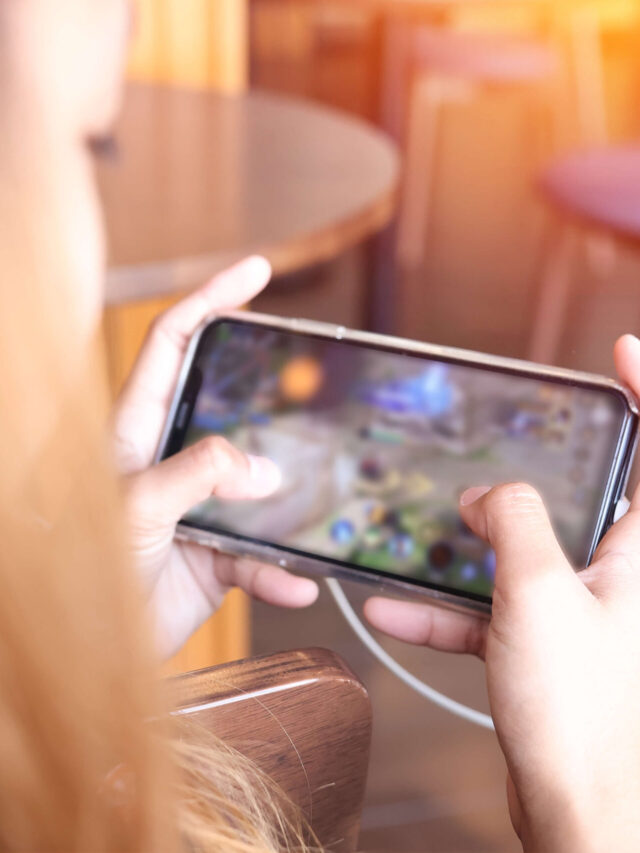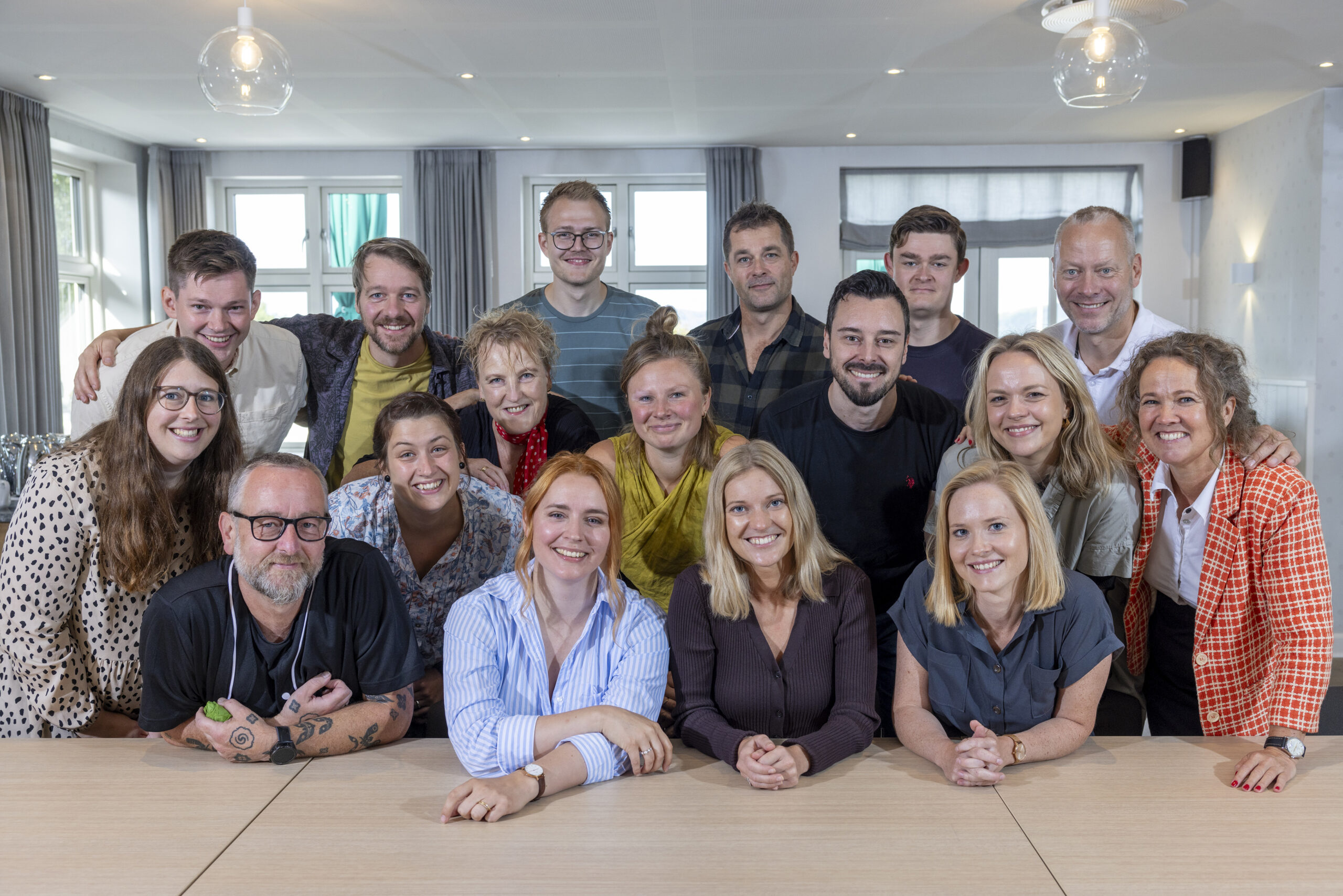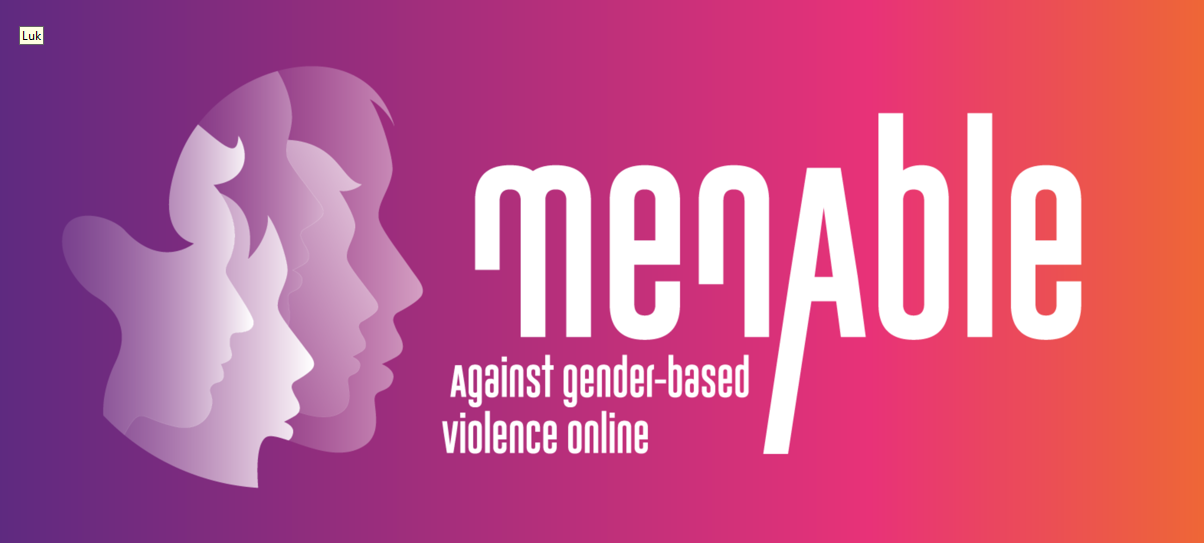Online chat counselling at Cyberhus – seen and heard in the EU
The EU Commission’s insafe training meeting in Sofia, Bulgaria, has come to an end and before heading back home I am taking some time to reflect on the events of the last two days.
The title of the conference was “Teens and sexuality – online” and I was asked to share the experience that we have gained at Cyberhus from working with online chat counselling for children and teens being subjects to sexual abuse. For this presentation the two manuals on counselling, which we use as educational tools for our online and correspondence advisers, were chosen by the EU Commission to be translated and distributed to the members representing the 32 participating countries.
Challenge
The experience of working with online chat counselling varies among the EU helplines. There are examples of everything from a new helpline using telephone counselling without any digital platform to large established helplines working with a wide range of digital counselling options for children and teens.
That made up a challenge for me, as I wanted my contribution to be relevant and useful to everybody concerned. I chose to divide my presentation into two parts.
1. Why online chat counselling?
Both on a national and international level I experience that many professionally based counselling and treatment offers include spectacular and well-meaning opportunities to help and advice children and teens.
However, the problem is that these offers are often based on a non-anonymous, active and outreaching action from the children. But a child who has e.g. been sexually abused or experienced neglect of care in any kind of way, has not necessarily developed the personal resources and capacity needed in order for it to contact and ask a “stranger” and/or a professional adult for help. On top of everything else, the communication might entail a report and withdrawal of the local authority and the parents. This means that such a dialogue involves consequences which can be difficult to handle.
For that reason offers and opportunities, that are more likely to consider this group of vulnerable children, are needed – and here online chat counselling becomes an option.
Chat is often the first step….for a lot of kids
 I wanted to show the necessity of thinking about counselling opportunities as being a step-by-step process for the teens.
I wanted to show the necessity of thinking about counselling opportunities as being a step-by-step process for the teens.
By offering an anonymous, digital counselling opportunity the vulnerable child has an opportunity to practise putting its own feelings into words, to experience that there could be contrasts to what dad might have said through several years, or get the opportunity to regain trust in adults by experiencing that they want to listen and help.
This process may possibly enable the children to build up the tools and resources which empower them to take the next step towards a better life and maybe even a treatment.
2. Thoughts, questions and reflections
 Cultural and political differences are big across the EU countries and among these also the way in which we perceive digital counselling. Therefore, I chose a different approach to the second part of my presentation. The goal was that in spite of all the differences, I wanted everybody to leave with questions and reflections that would inspire them and could be implemented into their own practices.
Cultural and political differences are big across the EU countries and among these also the way in which we perceive digital counselling. Therefore, I chose a different approach to the second part of my presentation. The goal was that in spite of all the differences, I wanted everybody to leave with questions and reflections that would inspire them and could be implemented into their own practices.
The reflections could be on anything from defining a chat, defining the target group to dealing with great and small pedagogical questions such as: How do we relate to returning cases? Is there any right way to end an online chat? How long should an online chat last? Which conversational theories and methods do we use?
I asked the questions and the participants answered them in accordance with their own reality and in the following opportunity to ask questions there were a lot of activity. It seemed that the questions that we have asked ourselves daily at Cyberhus for the last 8 years were relevant here as well.
Pedagogical curiosity pays off
The characteristic of the work in the pedagogical team has, since the creation of Cyberhus in 2004, been a great curiosity about digital pedagogy in all its aspects. In my opinion, we have been good at asking the hard and necessary questions, even though the answer did not always make up an easy solution.
I believe that today we have a well-considered and reflective professionalism – that was what I experienced in Sofia today.
Written by Erroll Marshall
]]>



Hvis du vil sætte et par ord på din feedback, vil det hjælpe os rigtig meget til at forbedre vores indhold.